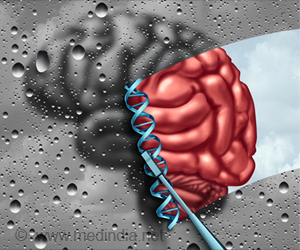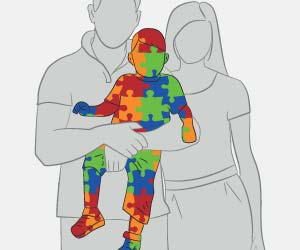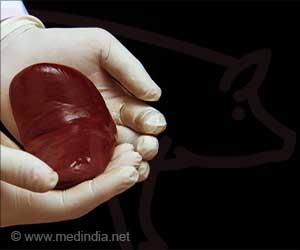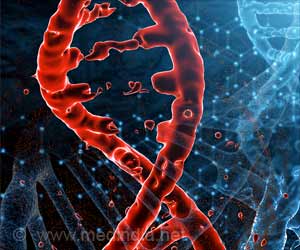Multicenter study finds that oxytocin was safe, but ineffective at boosting social skills among children with autism.

Oxytocin is typically used to induce labor, but because of its activity in the brain, it has been investigated as a treatment for autism.
Evidence has been conflicting, with several smaller studies suggesting it improved social and cognitive function among some children with autism, while other studies showed no benefit.
To investigate this, researchers designed the multi-site trial to provide the best evidence about oxytocin as a safe and effective treatment for children with an autism spectrum disorder.
The research team enrolled 290 children ages 3-17, stratified by age and the severity of their autism symptoms. The children were randomized in similar, equal-sized groups to receive oxytocin or a placebo via a daily nasal spray over 24 weeks.
To see if the regimen of oxytocin would have a measurable impact on the children’s social abilities based on screenings and assessments at the start of the trial, midway through, and at the end. Both researchers and the children’s parents provided assessments using standard analytic tools for autism.
Advertisement
These results indicate that clinicians and families should insist that there is strong evidence for the safety and benefit of new treatments before they are provided to patients in the clinic.
Advertisement
Source-Medindia













